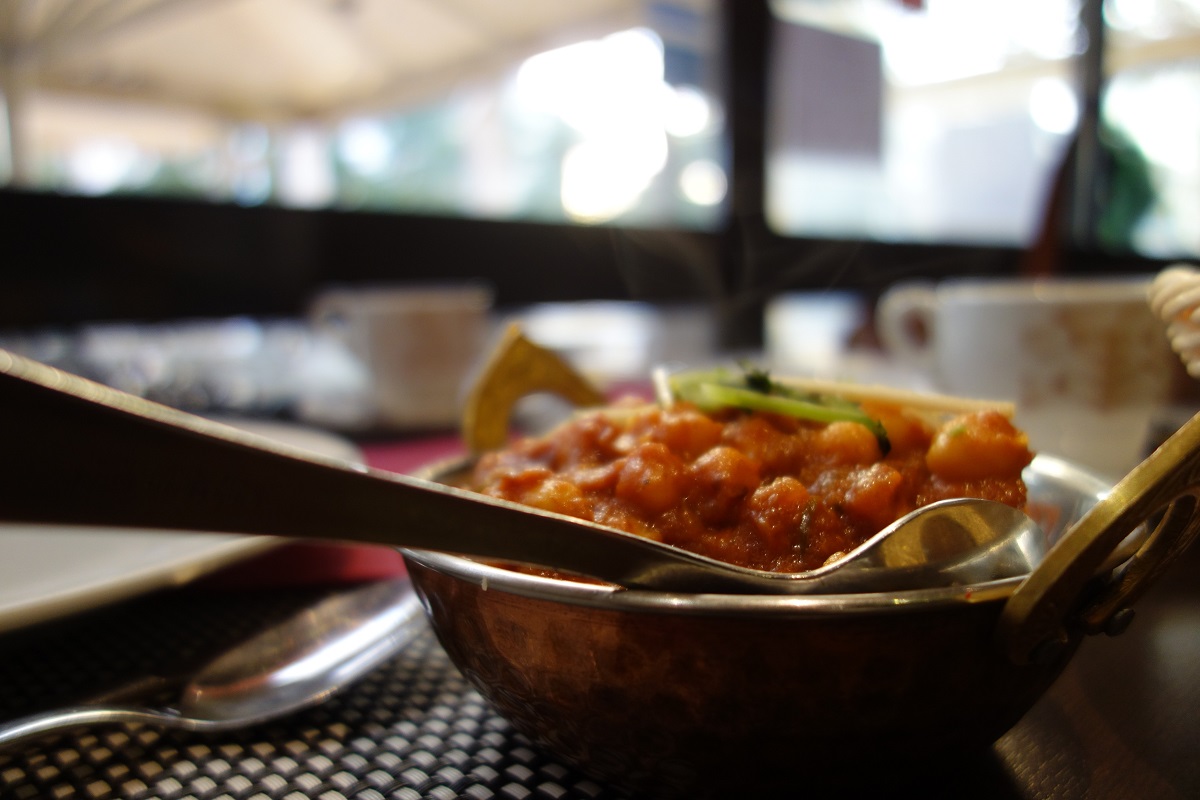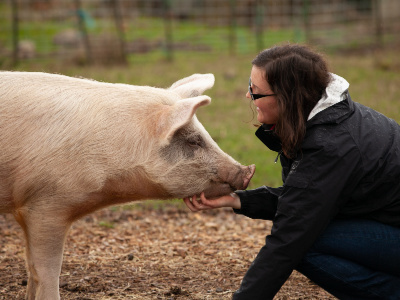Eating plant-based doesn’t need to get in the way of your adventures! Check out our vegan travel advice to plan your next trip.
Finding plant-based food while travelling may require some planning, but with enough research and preparation, you shouldn’t have to miss out on local dishes and traditional treats while you’re on holiday.
Follow our tips for eating vegan while travelling, whether you’re planning a vegan staycation or going abroad.
1. Do your research
Before you book your next trip, find out if your destination of choice is vegan-friendly or not. Some cities have thriving vegan communities with a plethora of restaurants, but others don’t.
This doesn’t need to be a painstaking process and the beauty of the vegan community is that they share their experiences to help others.
Search on social media using terms like vegan Paris or use hashtags such as #veganberlin to find options in your desired location.

Use Google, Instagram and TikTok to search for vegan travel creators and their guides to certain cities. Asking for tips in vegan travel groups on Facebook will also give you an idea of how easy it will be to find plant-based dishes on your trip.
HappyCow is one of our favourite apps, as it is an invaluable resources when travelling. You can filter by vegan and vegetarian restaurants or eateries with plant-based options if not everyone in your party eats vegan. Don’t forget to review the places you visit on HappyCow to help your fellow travellers too!
2. Choose the right accommodation
If you’re staying in a hotel or resort that offers food in their package and a vegan menu isn’t obviously available, contact them beforehand to ask if they can prepare a plant-based meal for you. With enough time and notice, they may be happy to provide vegan options.
If you’re staying somewhere that isn’t particularly vegan-friendly, consider self-catered accommodation where you can cook most of your own meals.
Wherever you are in the world, you should be able to find vegan staples like fruit, vegetables, rice, pasta and beans in the local supermarket. Many places also have farmers’ markets where you’ll be able to buy produce.
3. Learn some handy phrases
Veganism isn’t normalised in every corner of the world and restaurant staff may not understand the difference between vegan and vegetarian.
To avoid any miscommunication, learn a few key phrases in the local language to help you ask restaurants and street vendors if they have vegan options or if any of their dishes can be made vegan.
It’s also wise to learn phrases such as, “Is there egg/meat/fish in that?” to help you clarify whether a dish is vegan or not. Asking about individual ingredients may be better to determine whether something is suitable if the staff aren’t familiar with what vegan means.
Carrying snacks on the go is always a good tactic, just in case. Keep foods like snack bars or nuts handy and carry travel-sized plant milks with you.

4. Understand local cuisines
Meat and cheese are integral to many cuisines throughout the world. In some places, even vegetables may not be cooked in a vegan-friendly way!
Before visiting a new place, it’s important to learn the most popular dishes and ingredients in that cuisine to get an idea of how customisable those dishes will be.
The last thing you need is to be scanning menus or food labels without understanding what you’re actually looking at.
Try to learn the words of the most common animal-derived ingredients to help you scan menus, such as milk, egg, honey, lactose, whey and gelatin.

5. Find vegan tours or communities
Finding vegans abroad can be the most helpful tool for finding delicious plant-based dishes on your trip.
A quick search will tell you if a Facebook or Meetup group exists for your chosen destination, so don’t be afraid to make friends with the locals.
Many locations have dedicated tours, such as Vegan Food Tours in Europe. You may also find helpful information about vegan-friendly restaurants from official tourist boards.













